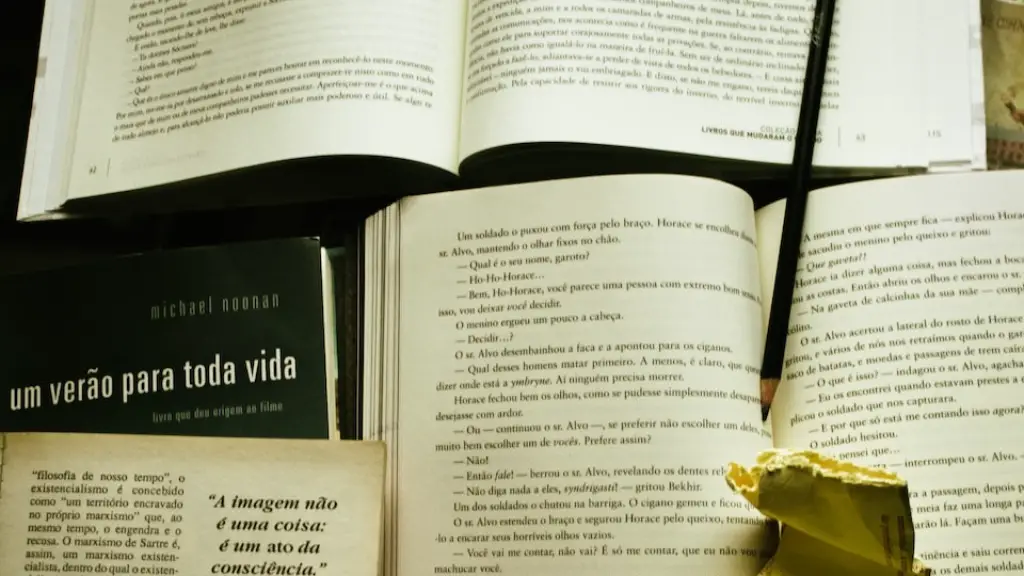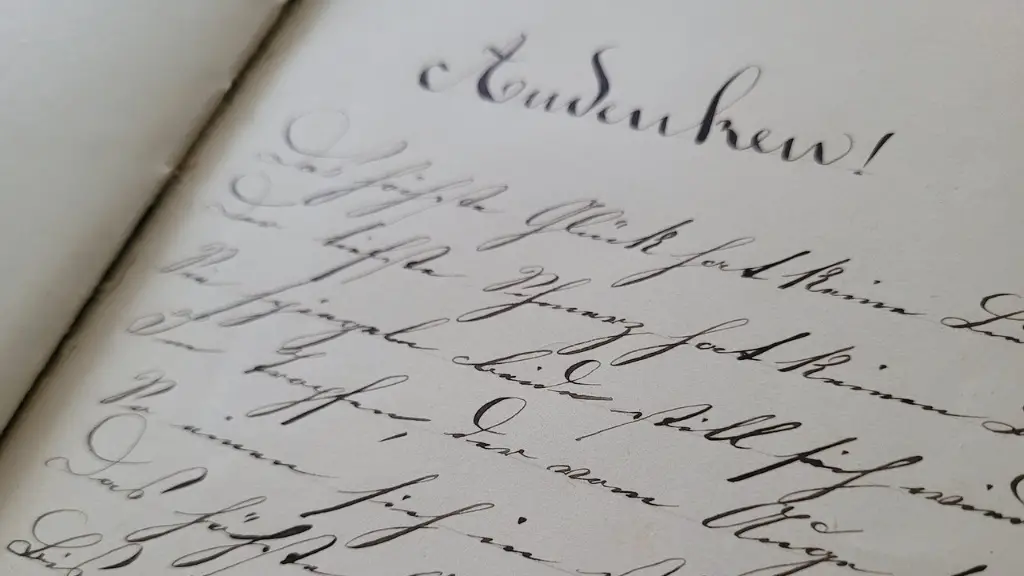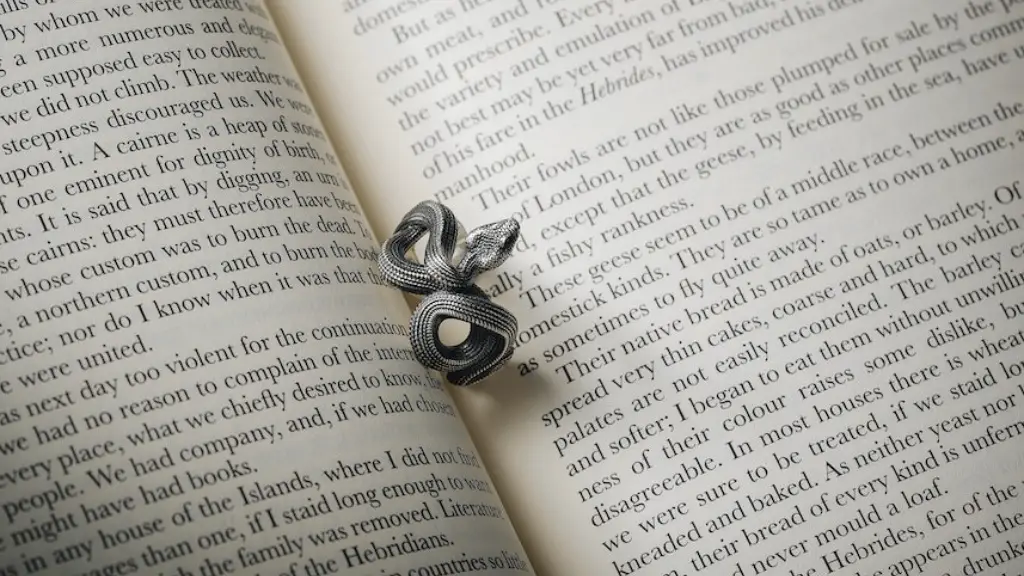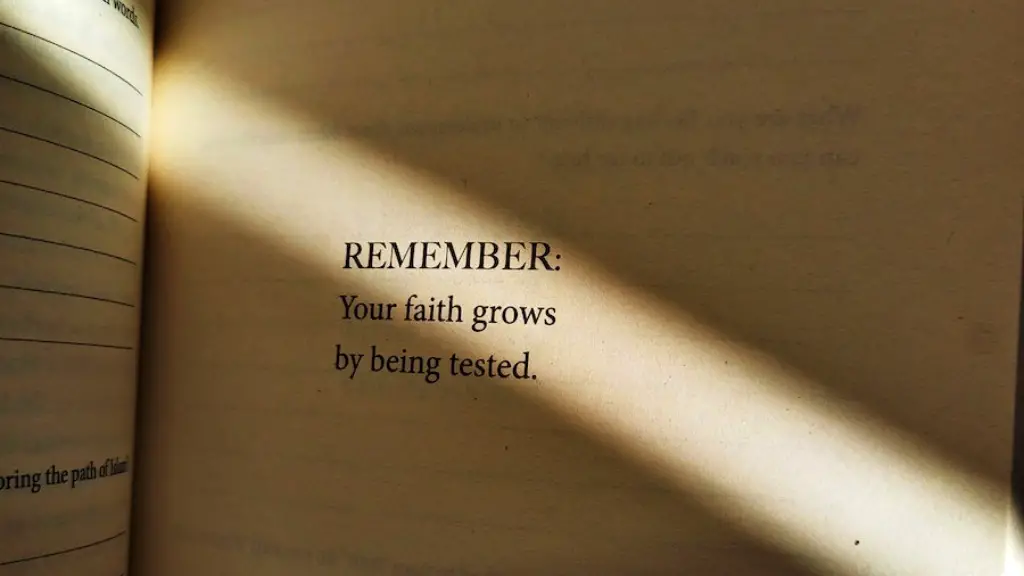Maya Angelou said “When you know better, you do better,” a quote that speaks to her commitment to being an individual who never stops growing and learning. Angelou used her words and life to spread messages of inclusivity, anti-racism, and self-improvement. Throughout her lifetime and posthumous works, she has had a vast influence on humanity and what it means to be a student of life.
Angelou’s phrase “when you know better, you do better” is morally powerful and can be applied in many contexts. It is a reminder that we are always evolving and that the knowledge we accrue is paramount. To not continue learning or to remain stagnant is antithetical to the spirit of Angelou’s message. Being aware of the moment and making conscious decisions is the key to her mantra.
Knowledge encourages awareness, and having this level of insight leads to one understanding the implications of any decision they make. Knowing enough to discern what is right and what is wrong, and having the assurance to make a wise decision, allows an individual to “do better.” This is what Angelou meant when she said her iconic phrase, so the idea of “know better” is centered on intelligence and self-accountability.
The when, what, and how of Angelou’s quote are essential to adapting her words of wisdom into everyday life. “When you know better” actually alludes to actively listening and learning; which, in turn, opens up a person to develop a critical perspective. Being critical is paramount because it enables an individual to detect potential blind spots or gaps in their knowledge. This allows one to think more deeply, expound upon those unknowns, and solidify the information.
What follows “when you know better,” is “you do better.” When a person has the information they need to make a sound decision, they can do better by setting themselves and those around them up for success. Knowing better allows them to look ahead to the potential outcomes – both positive and negative – and understand the responsibility that comes with making an educated choice.
Finally, Angelou’s endearing quote can allow one to accept mistakes when made. If a person misgauges a decision, they should be understanding that it is sometimes a necessary part of learning. As opposed to self-shaming or berating, accepting mistakes and treating them as growth and learning opportunities allows a person to “know better” and “do better” in the future.
Ultimately, Maya Angelou’s timeless phrase speaks to her commitment to growth and continuous learning. Her words have had an indelible mark on humanity, and the spiritual power behind her message is as relevant today as it was in the past.
Applications in Business and Education
Angelou’s mantra “when you know better, you do better” applies to the many facets of our lives. In the business and educational realms, the quote imposes an expectation and encourages a person to critically think before taking any sort of action. Being informed also brings accountability, and having this level of clarity leads to more informed decisions.
In business, the idea of “know better, do better” relates to each bottom line. When connecting a decision with the impact it creates, whether it is short or long term, one is more inclined to think proactively. Knowing a product and its consumer, the target market and their buying habits, or the company’s operational goals all aid in determining an informed result. By thinking deeply about each factor, one is better poised to make decisions that are more apt to drive the business to success.
In education, there is a heavy reliance on learning and processing new information. As Angelou suggests, processing this data assists in developing critical-thinking and teaches the student to evaluate situations more thoroughly. Doing this encourages an individual to think with intention, and weighing information imparts students with the necessary skills to be successful learners.
Having the knowledge and understanding to recognize potential pitfalls and consciously take action is an invaluable asset. Being aware of the decisions and how they can affect the world around us, or ourselves, encourages us to think with purpose and do better when presented with a situation.
In business and education, Angelou’s quote encourages individuals to think carefully and be accountable for any decision they make. Knowing enough to discern what is right and what is wrong, and having the assurance to make a wise decision, allows an individual to “do better.”
An individual should take their knowledge and use it to shape better decisions, strategies, or course of action. This is especially true for those roles which have higher stakes or responsibility, as the potential repercussions of any decisions could be greater. Being prepared to take on this level of accountability requires the recognition that knowledge and understanding are the key drivers when making informed decisions.
Essentially, higher learning and having the power to think critically brings the understanding and wisdom to make smart choices. This is what Maya Angelou meant in her inspirational quote, and the idea of “know better” is centered on intelligence and self-accountability.
Applications in Personal life
The quote “when you know better, you do better” can also be applied to the many facets of personal life. In this context, the phrase means one should strive to make improvements not only for themselves, but those around them. It is a powerful reminder that the more one learns, the higher their level of understanding and skill; resulting in the ability to make better decisions.
When it comes to making decisions related to career paths, relationships, or health, having the right amount of insight can help individuals “do better”. When making these important decisions, individuals should aim to draw on their passions and values while also seeking advice from those they trust. Doing so will provide individuals with the knowledge they need to make the best decision for their current situation.
In addition to decisions and actions, “know better, do better” can also apply to communication. Being surrounding by good people is essential, and imparting valuable insight can have a meaningful impact on those around us. Sharing knowledge is also a powerful thing. When one shares and stands up for what is right and works to benefit others, it can inspire a more kind and conscious world.
Spreading knowledge and understanding can help people build trust. Trust is an invaluable asset and having it instills confidence. Building trust means being an active listener and validator who shares their knowledge and experience. It is about being vulnerable, authentic, and honest. Trust is one of the most important elements in any relationship, and when one is able to utilize Angelou’s words and trust in themselves, they will be able to “do better.”
The phrase “when you know better, you do better” also has deeper, spiritual implications. Angelou’s phrase speaks to her commitment to growth and continuous learning and its application in personal life has an undeniable truth. It urges us to see beyond our immediate circumstances and instead strive to learn and cultivate the knowledge that will help us “know better.”
Ultimately, Angelou’s phrase carries a powerful message. It is a call to make conscious decisions and understand the implications behind them; to spread knowledge that will make a difference in people’s lives; and to have trust in one’s self and be a student of life. Her words continue to remain relevant, and her mantra can spark great change for those who seek to “know better” and “do better.”
Underlying Themes
The idea of “when you know better, you do better” articulates a spiritual truth that speaks to each of us. The underlying themes of self-improvement and continual learning are essential if one hopes to make positive changes in their life. Additionally, the importance of knowledge, accountability, and understanding goes deeper than the words themselves and offers a platform on which to build a stronger future.
Knowledge is power and having the right amount can allow an individual to make informed decisions that are best suited for their circumstances. Angelou’s quote implies that one should take this information and use it to shape their actions, strategies or course of action. By equipping oneself with the necessary information, one can make better and wiser decisions to create a successful future.
Additionally, the phrase also speaks to being accountable for one’s choices. Accountability is an important consideration when it comes to setting high expectations and producing change. Knowing enough to discern what is right and wrong, and having the assurance to make a wise decision, allows an individual to “do better.”
Finally, self-understanding is a key piece of Angelou’s quote. Having a strong understanding of oneself, along with the ability to evaluate situations deeply and with intention, is critical. Knowing one’s strengths and weaknesses and being aware of potential pitfalls can help when making decisions that are beneficial to oneself and others.
The deeper themes in Maya Angelou’s saying are unrelenting and timely, they imply that being informed, understanding oneself, and being accountable are essential aspects of growth and self-empowerment. If a person can “know better” and “do better” for themselves, then the trajectory for their future becomes much more promising.
Ultimately, Angelou’s timeless quote speaks to the spirit of her message, the power of knowledge and the potential change each individual can create. Her words throughout her lifetime and posthumous works, have had a vast influence on humanity and what it means to be a student of life. While universally applicable, it can also help one begin their journey to making wise decisions based on knowledge and understanding, allowing them to “know better” and “do better.”
Conclusion
Maya Angelou’s iconic phrase “when you know better, you do better” speaks to her commitment to never cease growing and learning. The deeper themes of her quote can have a meaningful impact, emphasizing the importance of knowledge, self-understanding and accountability. By obtaining the insight necessary to make informed decisions, having the assurance to make a wise choice, and understanding the implications of any decision, one is more apt to make better choices.
Angelou’s words remain pertinent today, having had a vast influence on humanity and what it means to be a student of life. Her mantra has inspired a more conscious and kinder world, encouraging many to become informed of their decisions and the repercussions they may have. Ultimately, her words urge us to listen and learn, think with purpose while also taking action and investing in ourselves – allowing us to “know better” and “do better.”





